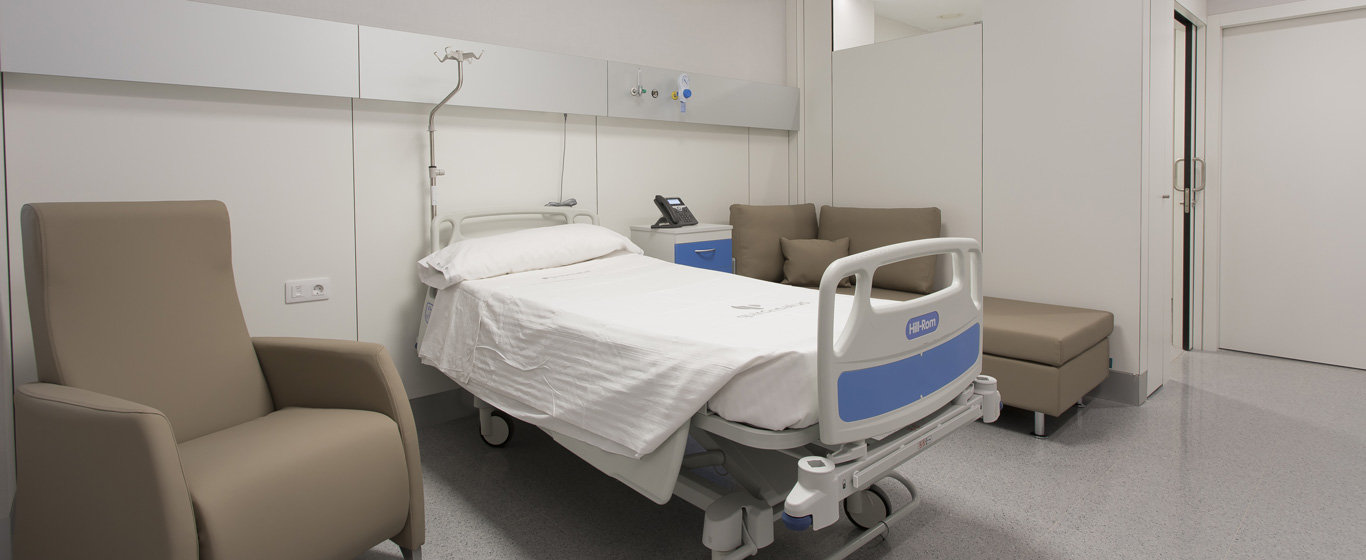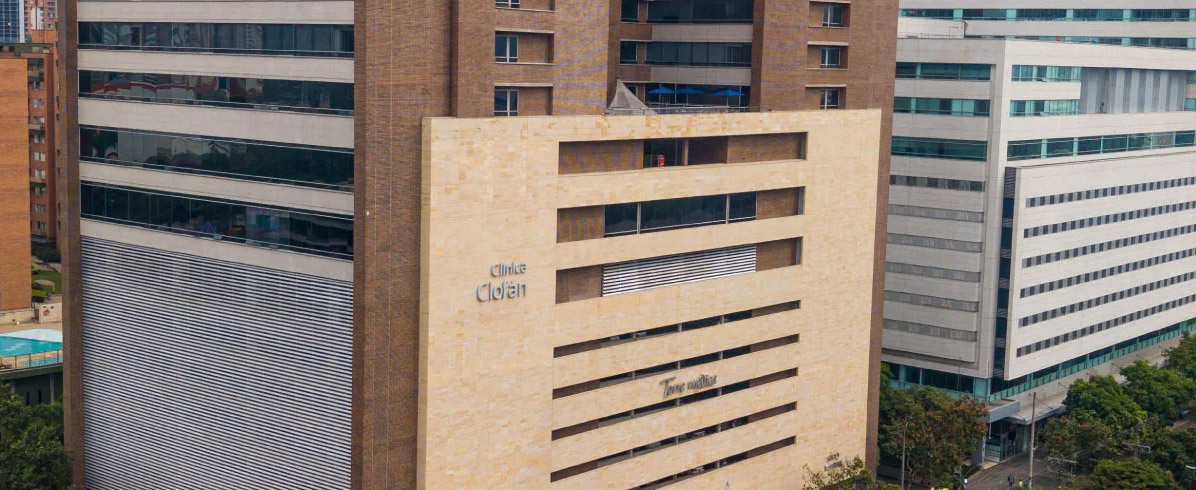Macular Degeneration
What is macular degeneration? Learn all about its causes, symptoms, and available treatments.
Symptoms and Causes
Macular degeneration (AMD) is a progressive deterioration of the central part of the retina, called the macula. Although the exact causes remain unclear, aging has been identified as one of the primary risk factors. For this reason, it is commonly referred to as age-related macular degeneration (AMD).
The macula is responsible for central vision, so its deterioration causes black spots that hinder reading or recognizing faces, significantly reducing quality of life. However, since peripheral vision remains intact, patients can walk or move through open spaces without assistance. Currently, macular degeneration is the leading cause of blindness in individuals over 70 years old.
There are two types of macular degeneration:
- Dry macular degeneration: The blood vessels that supply the macula thicken in some areas as they become thinner and more fragile. These deposits lead to macular atrophy.
- Wet macular degeneration: This occurs less frequently and develops from dry AMD. New blood vessels form beneath the macula, and since they are very fragile, they cause blood and fluid leakage, leading to vision loss.
Symptoms
The most characteristic symptoms of macular degeneration include:
- Distorted or wavy vision.
- Black spots in vision.
- Central vision loss.
- Increased difficulty adapting to low-light conditions or dim environments.
- Difficulty recognizing faces.
Causes
The exact causes of macular degeneration remain unknown, but recent studies suggest that both aging and genetics increase the likelihood of developing the condition.
Risk Factors
The most significant risk factors that increase the likelihood of developing macular degeneration include:
- Advanced age.
- Genetic predisposition.
- Smoking.
- A diet low in vitamins and omega-3 fatty acids.
Complications
Macular degeneration significantly reduces quality of life, as it makes it difficult to recognize people, read, or watch television. In the most severe cases, it can result in total vision loss.
Prevention
Macular degeneration cannot be prevented, as it is influenced by age and genetics. However, maintaining a balanced diet and avoiding tobacco consumption can improve overall eye health and the condition of the blood vessels in the retina.
Which Doctor Treats Macular Degeneration?
Ophthalmologists diagnose and treat macular degeneration.
Diagnosis
In addition to medical history and symptom analysis, ophthalmologists perform various tests to diagnose macular degeneration:
- Fundus examination with pupil dilation: Helps detect drusen (cellular waste deposits), which are common in AMD, in the back of the eye.
- Fluorescein angiography: Allows visualization of blood vessels to identify possible abnormalities.
- Optical coherence tomography (OCT): Provides retinal images to detect fluid accumulation in the macula. This is the best method to determine whether it is dry or wet AMD.
- Amsler grid test: Assesses vision by checking whether squares in a grid appear straight or distorted when focusing on a central point.
Treatment
Dry macular degeneration, which is the most common form, has no cure. However, treatments are available for wet AMD, and they should be started as soon as possible after detection. The most common therapies include:
- Nutritional supplements to slow macular degeneration progression: These include vitamins C and E, omega-3 fatty acids, zinc, and lutein.
- Intraocular injections of anti-angiogenic drugs: These help prevent blood vessels from leaking fluids that affect the macula. Over time, the medication's effects wear off, requiring repeated treatments.


































































































